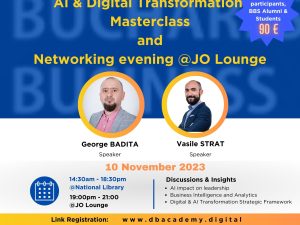Business Statistics is a comprehensive course designed to equip students with the fundamental concepts and techniques required to analyze, interpret, and make data-driven decisions in the world of business. This course will cover a wide range of topics, including data collection, descriptive statistics, probability, statistical distributions, hypothesis testing, correlation, regression, and forecasting.
Throughout the course, students will learn to apply these statistical concepts to real-world business scenarios, helping them to develop critical thinking and problem-solving skills. By the end of the course, students will have a solid understanding of how to use statistical methods to inform decision-making, optimize business processes, and assess the performance of various aspects of their organization.
Key Learning Outcomes:
- Understand the importance and role of statistics in business decision-making.
- Gain proficiency in data collection techniques and methods for organizing and summarizing data.
- Develop a strong foundation in probability theory and its applications in business.
- Master essential concepts related to sampling distributions, hypothesis testing, and statistical inference.
- Learn how to analyze relationships between variables using correlation and regression techniques.
- Apply forecasting methods to predict future trends and make data-driven business decisions.
- Enhance critical thinking and problem-solving abilities through hands-on exercises and real-world case studies.













